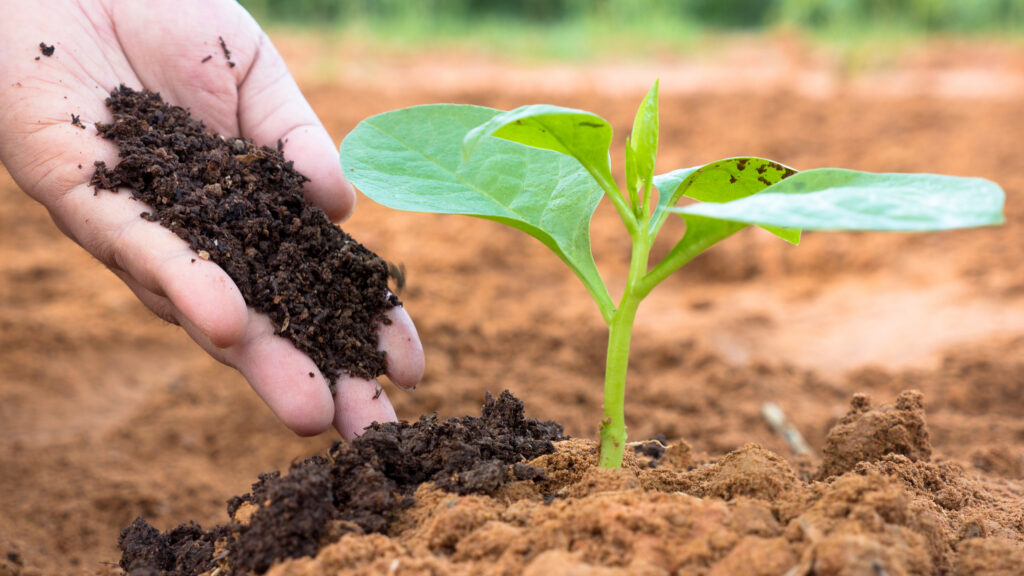Vermicompost is an eco-friendly, nutrient-rich organic fertilizer produced through the decomposition of organic waste by various species of earthworms, most commonly red wigglers, white worms, and other earthworm species. This natural process, known as vermiculture, not only helps recycle organic matter but also enriches the soil with a plethora of beneficial nutrients and microorganisms.
Key Features of Vermicompost:
- Nutrient-Dense: Vermicompost is packed with essential nutrients like nitrogen, phosphorus, potassium, calcium, and magnesium, making it an excellent soil amendment for promoting robust plant growth.
- Microbial Diversity: The compost is teeming with beneficial microorganisms that help break down organic matter and improve soil structure, enhancing its ability to retain water and nutrients.
- pH Balanced: It generally has a neutral pH, making it suitable for a wide variety of plants without the risk of altering the soil’s natural balance.
- Organic and Sustainable: Produced from natural waste materials, vermicompost is a sustainable alternative to chemical fertilizers, reducing the carbon footprint and promoting environmentally friendly gardening practices.
Benefits of Using Vermicompost:
- Enhanced Soil Health: Regular use of vermicompost improves soil texture and fertility, leading to healthier and more productive plants.
- Water Retention: The improved soil structure increases its water-holding capacity, reducing the need for frequent watering.
- Disease Resistance: Plants grown in vermicompost-enriched soil tend to be more resilient against diseases and pests due to the presence of beneficial microorganisms.
- Environmentally Friendly: By converting kitchen scraps, garden waste, and other organic matter into valuable compost, vermicomposting reduces landfill waste and greenhouse gas emissions.
Application:
Vermicompost can be used in various gardening and farming applications, including:
- Seed Starting: Mixing vermicompost with potting soil creates an ideal medium for seed germination.
- Top Dressing: Applying a thin layer around the base of plants provides a nutrient boost.
- Soil Amendment: Incorporating vermicompost into garden beds improves overall soil quality.
- Container Gardening: Enhancing potting mixes with vermicompost ensures container plants receive balanced nutrition.
Conclusion:
Vermicompost stands out as a powerful tool for sustainable agriculture and gardening. By embracing this natural process, gardeners and farmers can cultivate healthier plants, enhance soil vitality, and contribute positively to the environment. Whether you are an avid gardener or a professional farmer, integrating vermicompost into your soil management practices is a step towards a greener and more sustainable future.

